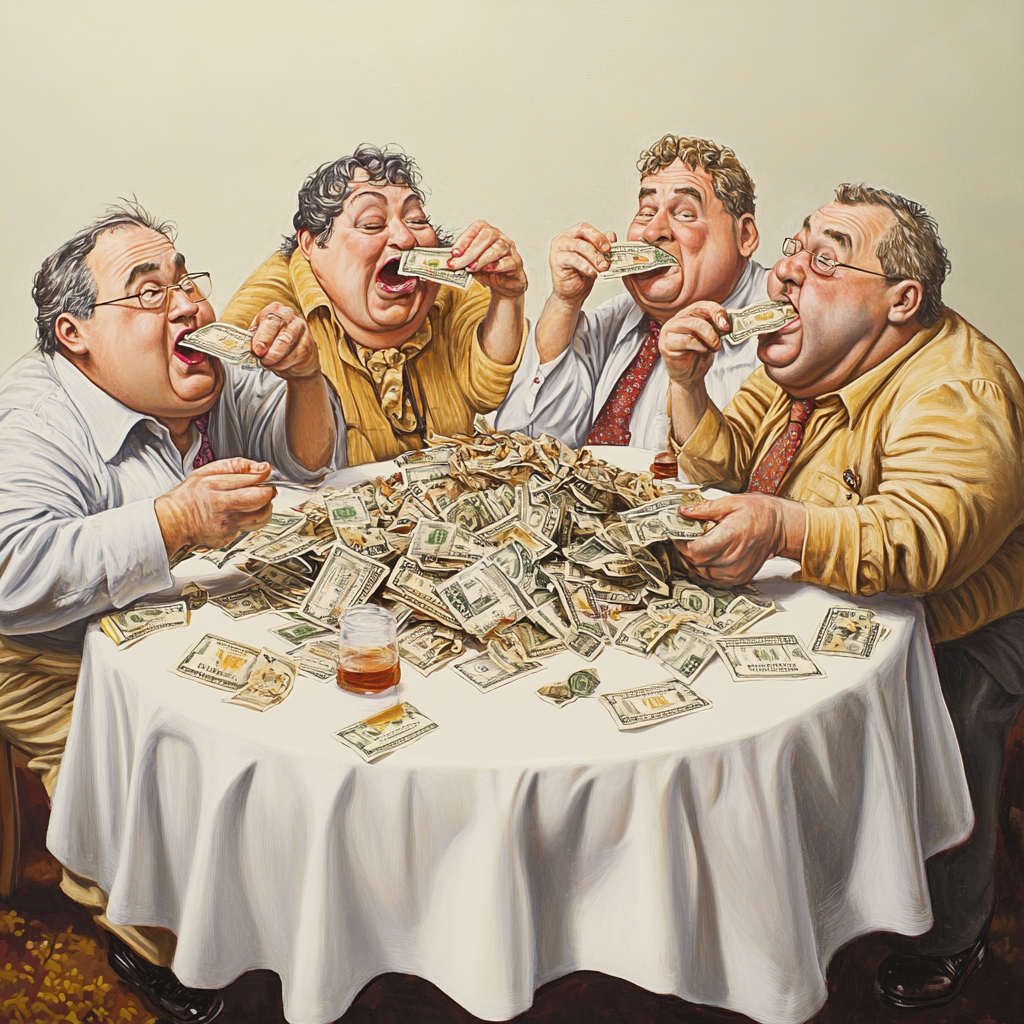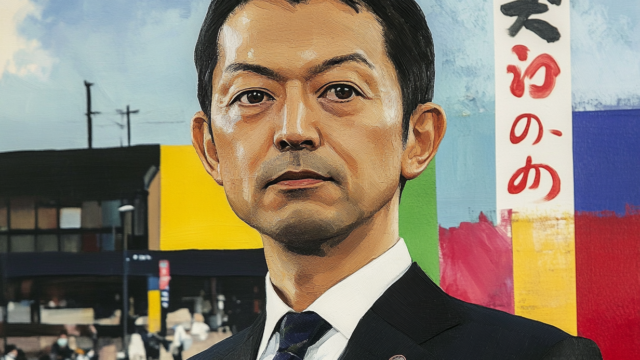
「アコギな商売の英語表現」セブン-イレブンの弁当の「上げ底」疑惑に対する同社幹部の発言が注目を浴びる
最近、セブン-イレブンの弁当の「上げ底」疑惑に対して、同社幹部が「アコギなことはできない」と反論し、話題となっている▼英語には「greedy(グリーディ)」という基本的な表現の他にも、不当な商売を表す興味深いイディオムがある。「rip-off(リップオフ)」は最も一般的で、「法外な値段をつける」「ぼったくり商売をする」という意味だ▼特に悪質な商法を指す場合は「sharp practice(シャープ・プラクティス)」という表現も使われる。これは19世紀から使われている古めかしい言い方だが、今でも法律用語としてよく登場する▼より口語的な表現では「to take someone for a ride(誰かを乗せる)」がある。これは「人をだまして金をむしり取る」という意味で、まさにアコギな商売の本質を言い表している▼最近では「price gouging(プライス・ガウジング)」という表現も頻繁に使われる。これは特に災害時などに必需品を法外な値段で売りつける行為を指す。コロナ禍でマスクが品薄になった際、この言葉をよく目にした▼ビジネスの世界では利益追求は当然だが、「アコギ」と呼ばれるような行為は、どの文化圏でも非難の対象となる。それは、これだけ多くの否定的表現が存在することからも明らかだ。公正な商売の重要性は、世界共通の価値観なのだろう。

【英語訳】
“English Expressions for Shady Business Practices” – Seven-Eleven Executive’s Response to ‘Deceiving Package’ Allegations Draws Attention
Recently, a Seven-Eleven executive’s statement denying “underhanded practices” in response to allegations about deceptive packaging in their bento boxes has become a topic of discussion.
Besides the basic term “greedy,” English has several interesting idioms to describe unfair business practices. “Rip-off” is the most common, meaning to charge excessive prices or engage in price gouging.
For particularly unethical business methods, the term “sharp practice” is used. While this expression dates back to the 19th century, it remains common in legal terminology today.
A more colloquial expression is “to take someone for a ride,” which means to deceive someone and extract money from them – perfectly capturing the essence of shady business practices.
More recently, the term “price gouging” has become frequently used, particularly referring to the practice of selling essential items at exorbitant prices during disasters. This term was often seen during the COVID-19 pandemic when face masks were in short supply.
While profit-seeking is natural in the business world, practices considered “underhanded” are condemned across all cultures. This is evident from the numerous negative expressions that exist for such practices. The importance of fair business appears to be a universal value.







